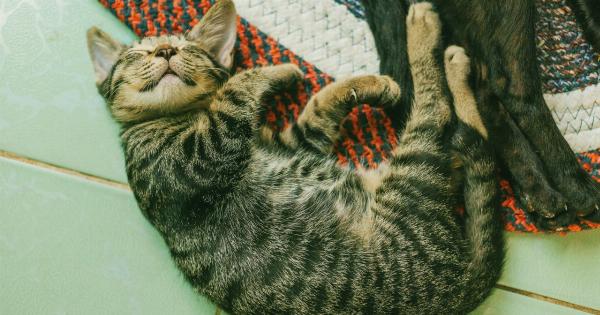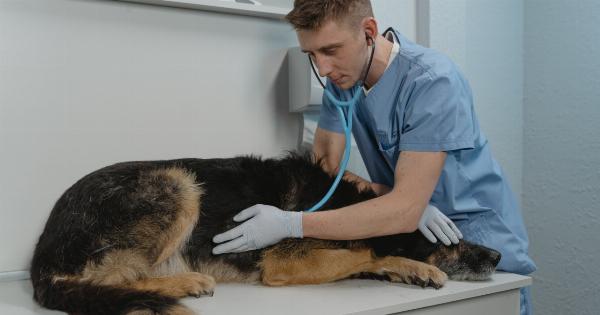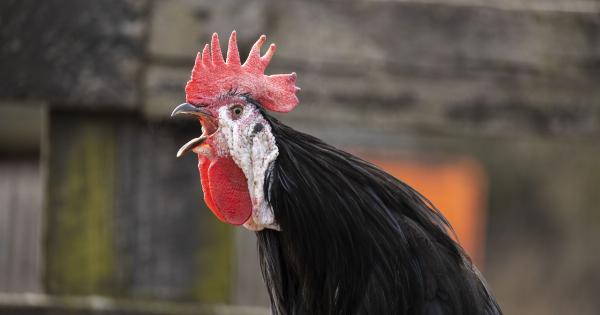As pet owners, we have heard a lot about neutering our pets. It is a common procedure recommended by veterinarians as it has been proven to have several health benefits.
Neutering involves the removal of a pet’s reproductive organs to avoid unwanted litters. However, there is a lot of debate about how neutering can affect a pet’s behavior regarding mating. This article aims to explore this topic to help pet owners understand what changes they can expect in their pet’s behavior after neutering.
What is neutering?
Neutering involves the surgical removal of a pet’s reproductive organs. In male pets, this procedure is called castration, while in females, it is called spaying.
The purpose of neutering is to avoid unwanted pregnancies that can lead to pet overpopulation. Neutering has several health benefits for pets too. According to the American Veterinary Medical Association, neutering male pets can reduce the risk of developing testicular cancer, prostate issues, and aggression-related behaviors.
Spaying female pets can reduce the risk of developing uterine and mammary gland cancers and prevent uterine infections and pyometra, a potentially life-threatening condition.
How does neutering affect pets’ mating behavior?
One of the most significant effects of neutering on pets is the loss of sexual hormones. Male pets’ testosterone levels decrease significantly after castration, which can affect their mating behavior.
Testosterone is the hormone responsible for male pets’ sex drive, and without this hormone, it is natural for them to show less interest in mating. However, the loss of testosterone does not necessarily mean that male pets will lose all interest in mating. Some pets may still exhibit signs of sexual behavior, such as mounting other pets, even after neutering.
Similarly, spaying female pets involves the removal of ovaries, which results in the loss of estrogen and progesterone hormones. These hormones are responsible for female pets’ reproductive cycle, including their heat or estrus cycle.
Female pets in heat exhibit behaviors such as vocalizing, urinating more frequently, and becoming more restless. After spaying, these behaviors may stop, and the pet may show less interest in mating. However, some pets may still display such behaviors, but it is rare.
When should pets be neutered?
Most veterinarians recommend neutering pets between the ages of 6 to 12 months. This age range is ideal as it allows pets to grow enough to handle the surgery and anesthesia and before they reach sexual maturity.
Sexual maturity occurs between the ages of 6 to 8 months for dogs and cats and earlier for smaller dog breeds. Neutering pets before sexual maturity prevents unwanted litters and can have long-lasting health benefits, as discussed earlier.
Can neutering affect pet’s personality?
There is a common misconception that neutering can affect pets’ personality. However, studies have shown that there is no direct link between neutering and changes in behavior.
Neutering can reduce the risk of aggression-related behaviors in male pets, but it does not cause aggression. In fact, neutering can have several positive effects on pets’ behavior, such as reducing urine marking and roaming in male pets and preventing mood changes associated with the estrus cycle in female pets.
Conclusion
Neutering is an important procedure recommended for all pets to avoid unwanted pregnancies and prevent several reproductive health problems.
While neutering can affect pets’ mating behavior by reducing or eliminating their sex drive, this does not necessarily mean a change in their personality. Neutering can have several positive effects on pets’ behavior and can ensure a healthier and happier life for your furry friend.






























